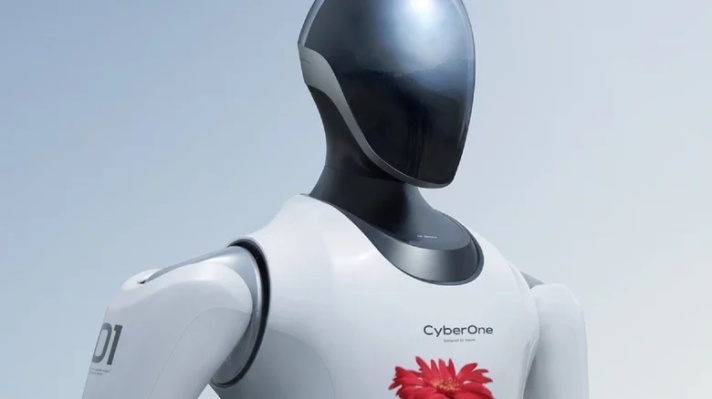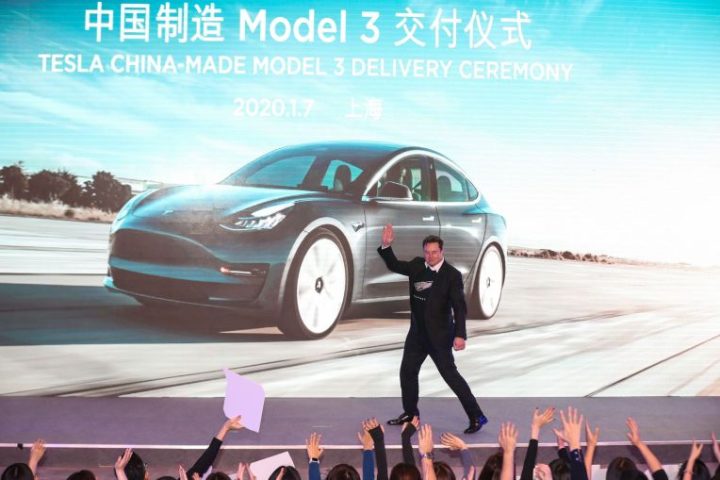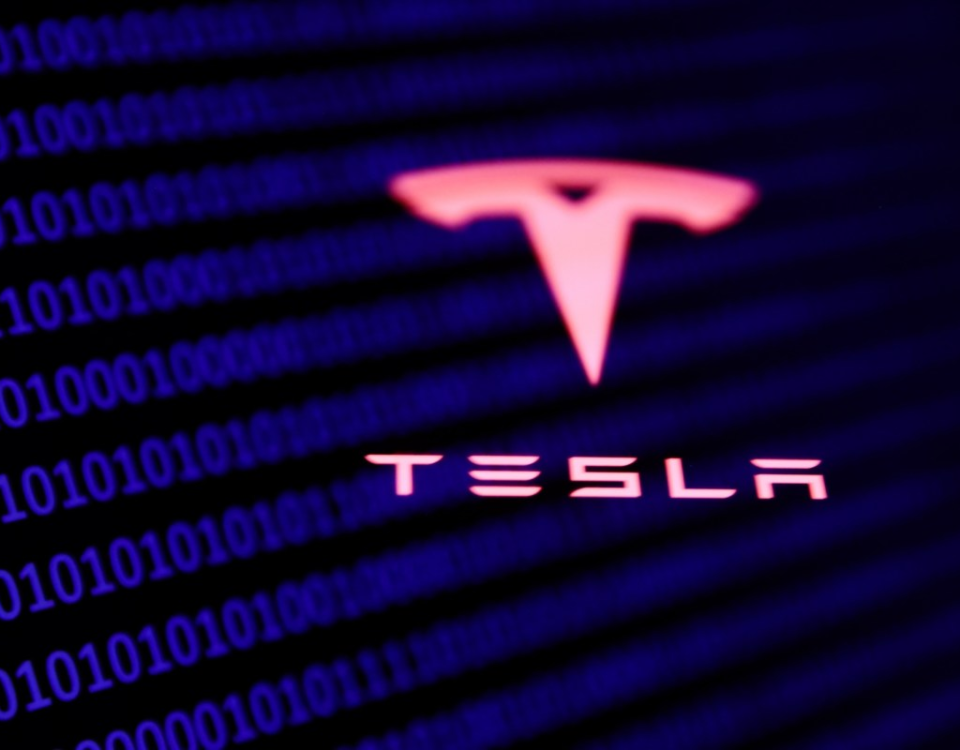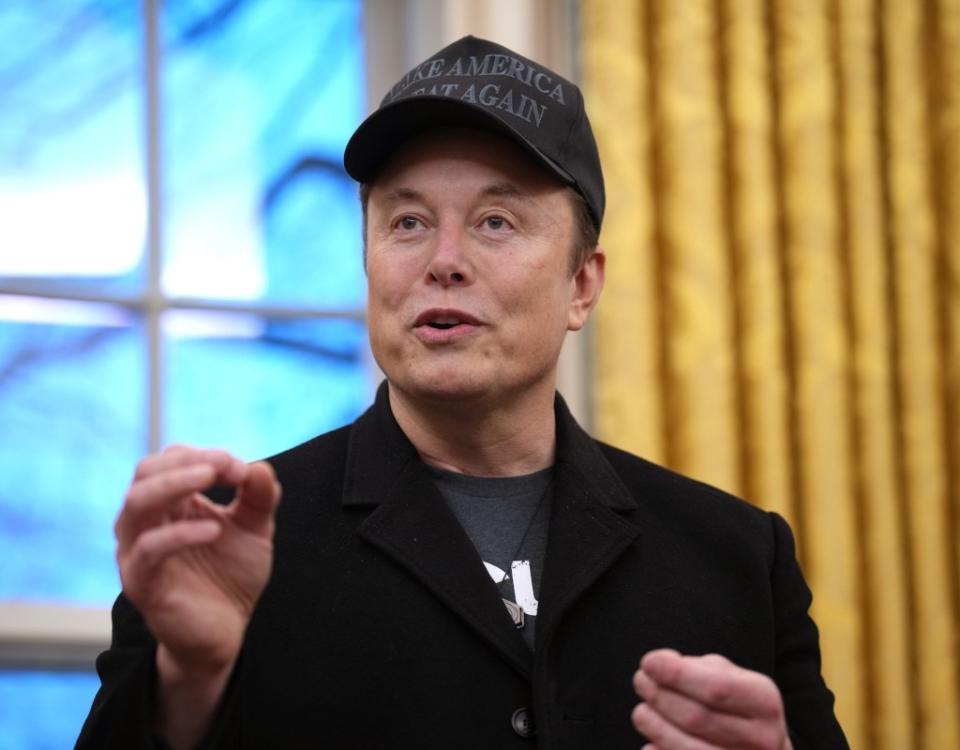
Meet Xiaomi’s new humanoid robot, CyberOne
August 18, 2022
SunGreenH2’s nano-scale engineering could double green hydrogen production
August 20, 2022
Some parts of China are suffering from record high temperatures in the past few weeks, prompting local governments to halt industrial power use, including those of battery plants.
When news reaches the West, it generates fear-mongering headlines like “China heat wave shuts Tesla suppliers” which have likely rattled investors (because Tesla is all we care about, right?). But is the EV giant really suffering from China’s scorching heat?
First off, we need to look at which factories are affected. Lithium battery giant CATL is among the companies that have been ordered to shut down production in the landlocked province of Sichuan, according to a local media report. The pause, which lasts from August 15 to 20, is part of the province’s effort to ration electricity as it suffers from a devastating drought and heat wave.
While CATL, a major battery supplier to Tesla, might have trouble fulfilling some orders for customers, there’s no indication that Tesla is the one to bear the cost. For one, CATL has production plants all over China, from Guangdong, Jiangsu to Shanghai, so it’s unlikely that a temporary, regional rest — even though six days may seem long in the auto industry — will collapse the multibillion business’ well-oiled supply chain.
Suppliers are also more likely to prioritize demand coming from Tesla because of its reputation and sheer volume. The American firm was the third-best-selling electric carmaker in China in the first half of 2021, according to an auto industry association.
“In China, Tesla enjoys a privilege just like Apple with all the manufacturers clamoring to be its suppliers. Even if production is restricted, it’s very likely that suppliers will prioritize Tesla’s orders while putting others’ on hold,” a Tesla parts supplier told TechCrunch.
The supply chains for Tesla and its local EV rivals like Xpeng and Nio are concentrated in manufacturing hubs around the Pearl River Delta, which include megacities like Guangzhou and Shenzhen, as well as the Yangtze Delta, which is home to Tesla’s Gigafactory in Shanghai and scores of chip makers around Suzhou, an employee at a Chinese EV startup pointed out to us.
Shanghai has been a victim of China’s recent heat wave, though there are no signs that the weather is stopping production at Gigafactory yet.
Shanghai already had its tough times in spring when a two-month-long COVID-19 outbreak forced the Gigafactory to halt production twice.
Precisely due to these sporadic COVID-induced shutdowns over the past two years, “suppliers have become a lot more flexible,” the Tesla supplier said. “Many large manufacturers are stocking up on supplies to create a buffer for absorbing COVID shocks.”
Lastly, it’s worth noting that China is gathering steam to recover its sluggish economy at all costs. And it’s likely that industries that have been designated as the state planner’s top priorities, such as the EV sector, will receive more support when resources are limited.
As the heat wave tests the country’s ability to keep its manufacturing running, vice premier Hang Zheng highlighted “the importance of the energy and power supply for social and economic stability.”
“The country will also beef up policy support and take multipronged measures to help related enterprises address difficulties,” Han added.



